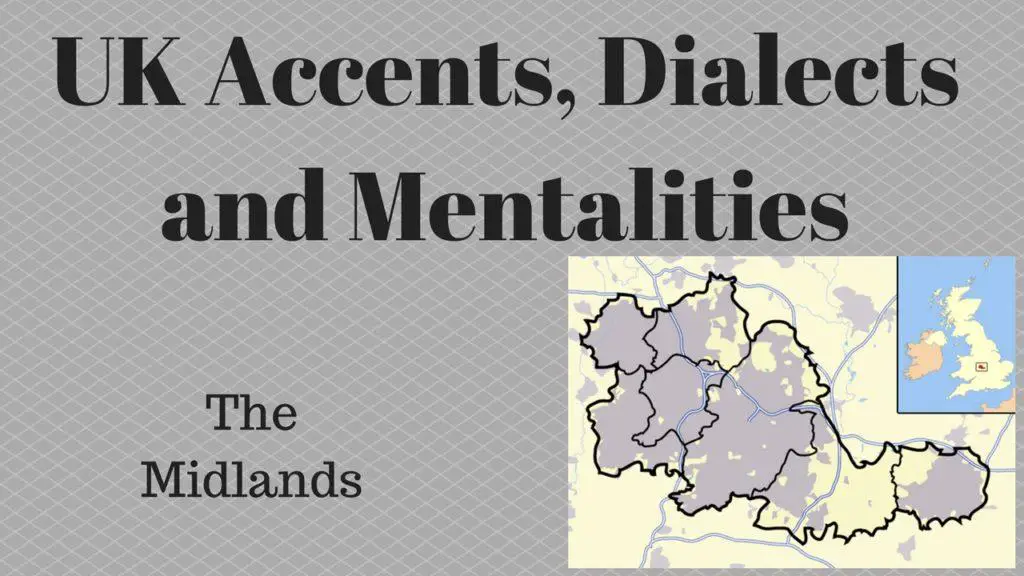Build Strong Relationships with Colleagues – Introduction
Building good relationships at work is one of the most valuable things you can do for your professional growth – especially if English isn’t your first language. Whether you’re working in an international team or communicating with clients and partners across borders, the way you connect with others plays a key role in your success.

In this article, you’ll learn practical strategies, useful phrases, and small habits that will help you feel more confident when speaking English at work. We’ll also explore subtle cultural differences, especially between UK and US workplaces, and link to other helpful resources along the way.
Why Workplace Relationships Matter
Good relationships create better teamwork, smoother communication and a more positive working environment. But if English isn’t your native language, it can feel harder to join conversations or build trust with others.
The good news? You don’t need perfect grammar. You just need to be open, consistent and willing to learn the small habits that make a big difference over time.
➡️ Also read: How to Network in English: Building Connections with Confidence
💬 Join our community for professionals using English at work to practise and share your experience.
Use Daily Interactions to Build Trust
Trust is built through small moments. A smile, a quick greeting or a simple question can all show that you’re approachable and engaged.
✅ Useful phrases for everyday moments:
-
“Hi, how’s your morning going?”
-
“Good to see you!”
-
“Hope your week’s going well.”
🇬🇧 UK tip: Saying just “Morning” is common and friendly.
🇺🇸 US tip: You might hear more enthusiastic greetings like “Hey, how are you doing?” early in a relationship.
Show Interest in Others Without Being Too Personal
Colleagues appreciate when you show genuine interest in their work or lives—but keep it professional.
✅ Examples:
-
“How was your weekend?”
-
“Are you working on the new report for the marketing team?”
-
“I saw your presentation yesterday – great visuals!”
👂 Active listening:
Use responses like:
-
“Right.”
-
“That makes sense.”
-
“Oh, I didn’t know that!”
These simple phrases help you sound engaged – even if you don’t have much to add.
Give Compliments and Positive Feedback
Positive feedback helps build goodwill. You don’t need to say much – just a sentence or two is enough.
✅ Examples:
-
“That was a great idea in the meeting.”
-
“Thanks for your help with the client email – your input was really useful.”
🇬🇧 In the UK, compliments are often subtle. Saying “Not bad at all!” can actually mean “Very good!”
🇺🇸 In the US, people may be more direct with praise: “Amazing job!” or “You nailed it!”

Offer and Ask for Help Politely
Helping each other is part of any team, but how you offer or ask makes a difference.
✅ Examples of offering help:
-
“Let me know if I can help with anything.”
-
“I’ve got some time this afternoon if you need a hand.”
✅ Examples of asking for help:
-
“Could I ask your advice on something?”
-
“Do you have a moment to run something past you?”
Using polite modal verbs like could and would helps soften your tone.
Keep Conversations Inclusive and Professional
When chatting, avoid sensitive topics like politics, religion or gossip. Choose safe, neutral topics instead.
✅ Safe topics:
-
Weekend plans
-
Office events
-
News relevant to your industry
-
Coffee or lunch preferences
➡️ Related: How to Start a Conversation with a Colleague or Client
Understand Cultural Differences in Language
Not all phrases translate easily across cultures. If you hear something confusing, it’s okay to ask.
✅ Clarifying example:
-
“Sorry, what does ‘circle back’ mean in this context?”
🇬🇧 UK idiom: “I’ll pop over to your desk.” (“Pop over” means a quick visit.)
🇺🇸 US equivalent: “I’ll swing by your desk.”
Avoid using idioms unless you’re sure your listener understands them.
Stay in Touch and Build Momentum
Relationships grow with regular, positive interaction. You don’t need a reason to check in – just a friendly follow-up works well.
✅ Follow-up examples:
-
“Thanks again for your help yesterday – much appreciated.”
-
“Just checking in – how’s the new project going?”
Small messages like this show interest and keep the connection warm.
You can also invite people to short coffee chats, team Slack channels or informal meetings to maintain those relationships.
Keep Practising Your Language Confidence
Don’t wait until your English is “perfect” to build relationships. Start with simple, polite phrases and keep improving over time.
✔️ Take action:
-
Practise phrases regularly
-
Read workplace dialogues
-
Join a community to connect with others
💬 Visit the learners’ community for professionals using English at work to ask questions, share experiences and build confidence.
📘 Explore: How to Introduce Yourself to Colleagues and Clients
🔗 And: Professional Ways to Introduce Two People in English
Final Thoughts: It’s About Progress, Not Perfection
You don’t need to be fluent to be friendly. You just need to show that you care, listen well and speak with respect.
Start small, be consistent and practise with people you trust. Over time, your relationships – and your English – will grow.


